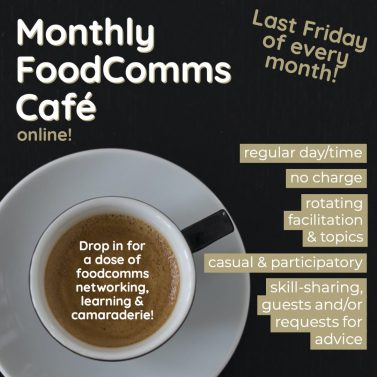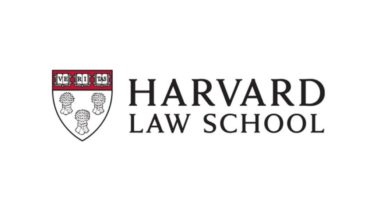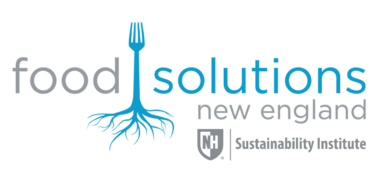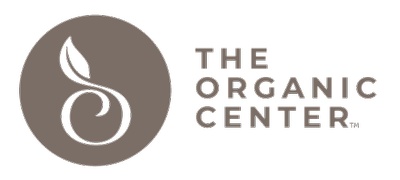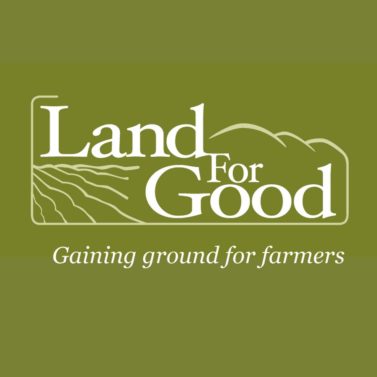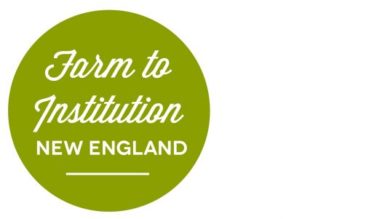Black farmers have a rich history and promising future in the United States, even though the Black history of agriculture is often reduced to slavery and cotton plantations. In Farming While Black (2018), Leah Penniman argues that justice for Black people, farmers and otherwise, requires learning about Black histories of agriculture, creating new experiences in the natural world, and getting in touch with our food systems. With a panel of Black scholars, farmers, and activists, in this webinar we explore what justice for Black farmers is today, what it has been in the past, and what it can be in the future.
Esteemed Panelists:
Maya Allen, PhD Candidate in Botany | The University of New Mexico
Teona Williams, PhD Candidate in History | Yale University
Ashley Gripper, PhD Candidate in Environmental Epidemiology | Harvard University
Laquanda Dobson, Chef and Farming Activist
Jayson Porter, PhD candidate in History | Northwestern University & Social Justice Intern | The Organic Center (Discussion Leader)
This webinar is open to all and will be recorded and made available on demand

